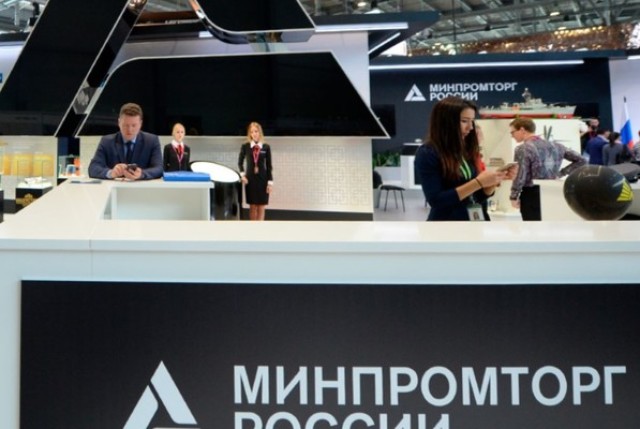The Ministry of Industry and Trade plans to create an IT system to support decision-making in the field of radio electronics. Artificial intelligence will be introduced into the system. It is assumed that this mechanism will allow the Ministry to appeal with more objective and timely data for making effective decisions.
As CNews found out, the Ministry of Industry plans to create a decision support system for enterprises in the field of radio electronics. The agency allocated 63.5 million rubles for these purposes, according to the tender on the public procurement portal. The tender in the form of an open tender was published on May 30, 2025.
As part of the work, a concept and a technical task for creating the system will be created, as well as AI models and algorithms that will provide the semantic processing of information necessary for decision-making.
The work under the code "RAP Management" must be completed by October 10, 2025.
The Ministry of Industry and Trade has commissioned research on business processes of IT decision support in the radioelectronic industry, as well as services for developing proposals on requirements and digital solutions aimed at information support for radioelectronic enterprises.
The system will collect data on industrial and technological development, the implementation of import-substituted programs and projects, support measures, trends in the development of electronics and radio electronics, etc. Integration mechanisms with other information systems will also be defined.
In addition, the system will collect data on managers and beneficiaries of radio electronics manufacturing companies, financial indicators of companies, licenses, information on government support, personnel, government contracts and public procurement, production facilities, products, etc.
The system architecture will have to include a data storage subsystem, a subsystem for data analysis and visualization, and an information security subsystem.
Representatives of the Ministry of Industry and Trade did not respond to a request for information on how the system will affect the decision-making process.
"The purpose of creating such a system is to provide the ministry's leadership with up—to—date, reliable and timely information," said Olga Kvashenkina, head of SNDGLOBAL Holding. "This is necessary to effectively manage the development of the industry, monitor its condition, implement import substitution and increase the competitiveness of products."
If the project is implemented efficiently, she continues, we can expect to increase objectivity and reduce dependence on expert opinions, increase transparency, as well as prompt response to events, etc.
According to Kvashenkina, an analysis of patent activity or the participation of enterprises in public procurement can make it possible to identify companies with high development potential in advance, or vice versa, problems in implementing import substitution programs.
The expert identified the following problems in decision-making: the lack of a unified information environment that provides a holistic view of the state of the industry, the problem of data quality (the presence of duplicates, contradictions and outdated information limits the objectivity of decisions) and the lack of a unified quality control system.
"Creating such a system is a step towards automating the management decision—making process," said Alexey Boyko, author of the RUSmicro Telegram channel. — I am sure that the information collected about business processes, data structure, functional requirements, etc. will allow us to create, train and implement AI supporting the process in the future. This will simplify the work of officials, and with the right approach, it will improve the quality of decisions made, their coherence and consistency."

